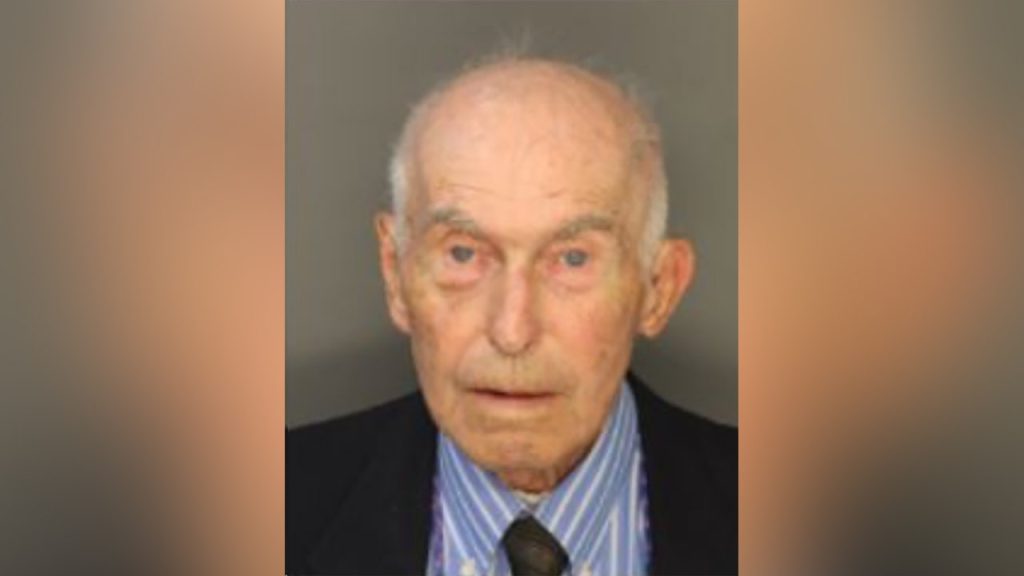Stephen Miller, an 85-year-old former doctor from Arizona, pleaded guilty to second-degree manslaughter in connection with helping a woman commit suicide in a motel room in upstate New York. The plea agreement includes five years of probation for Miller, who traveled from Arizona to be with the woman at the time of her death. The woman was found dead in the motel room by housekeeping staff, and authorities determined that she died by assisted suicide.
Miller’s attorney, Jeffrey Lichtman, explained that Miller provided comfort and “very slight technical assistance” to the woman, who could no longer bear the debilitating pain she had endured for decades. The woman had reached out to Miller due to his work with the advocacy group Choice and Dignity. Although Miller technically violated the law by aiding in the suicide, the attorney argued that morally, Miller did nothing wrong. Following his guilty plea in court, Miller declined to answer questions from reporters.
In addition to the manslaughter charge, Miller faced two counts of assault after voluntarily surrendering and initially pleading not guilty. He had lost his medical license due to a previous conviction for tax fraud in Texas in 2006, which resulted in a prison sentence of just under four years. Despite legalizing medical aid for dying in several states, efforts to do the same in New York have stalled in the state legislature.
The Ulster County district attorney’s office confirmed that Kingston police, fire, and emergency workers concluded that the woman died by assisted suicide. Miller’s guilty plea was in accordance with New York law, which allows individuals to face charges if they intentionally cause or aid in another person’s suicide. The plea agreement made in state court includes five years of probation for Miller, who was arraigned in February for manslaughter and assault charges.
During his court appearance, Miller softly answered questions from the judge, affirming his guilt in the second-degree manslaughter charge. He accepted responsibility for his actions, as defined by state law, despite his attorney’s argument that he had not acted immorally. Following his conviction, Miller chose not to respond to questions from reporters. The Associated Press contributed to the report on this case, highlighting the complexities of the legal and moral considerations involved in cases of assisted suicide.
Despite the ethical debate surrounding assisted suicide, Miller’s case demonstrates the legal consequences for individuals who aid in another person’s death. The issue of medical aid for dying continues to be a contentious topic in various states, with efforts to legalize it facing challenges in New York and elsewhere. Miller’s guilty plea serves as a reminder of the legal boundaries in cases involving assisted suicide and the importance of upholding the law while also considering the ethical implications of such actions.


